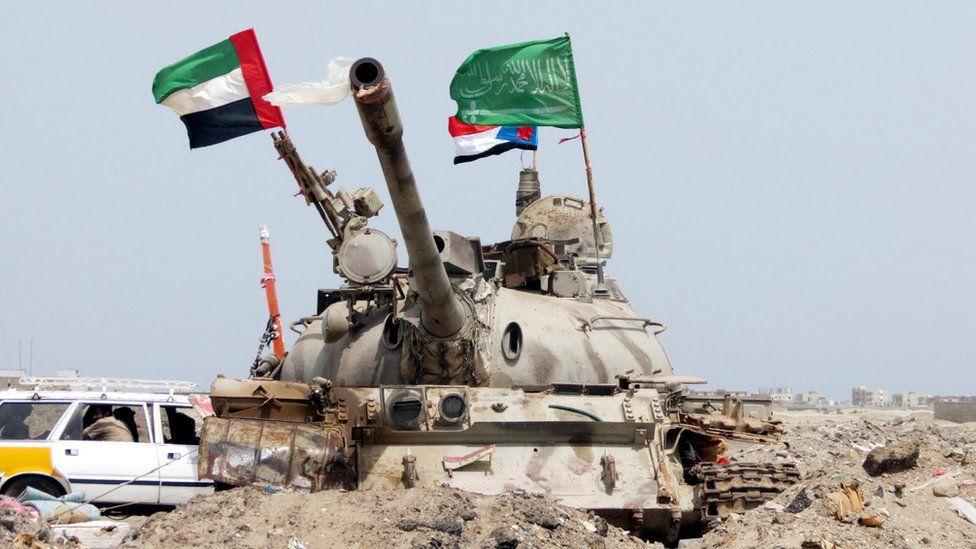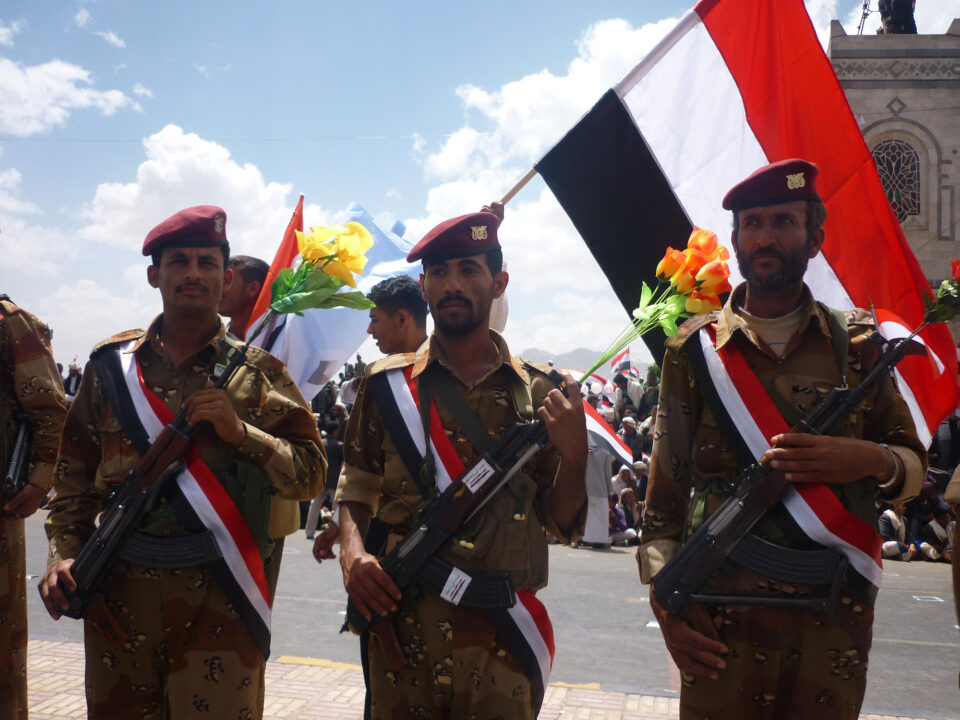UAE-backed forces launched a military operation in 2018 to take control of the Hodeida port on the Red Sea. Abu Dhabi asserted, like Riyadh, that the Huthis were smuggling weapons into Yemen through Hodeida. The fact that the Huthis made a lot of money by taxing commodities entering the port led the UAE to view Hodeida as significant. Half of Yemen’s imports of food and fuel at the time came through Hodeida.
However, the UN and other organisations were concerned that a conflict over Hodeida would severely impede imports, result in a “major famine,” and could turn into deadly urban warfare. As a result, the UN brokered the Stockholm Agreement in December 2018 to stop a conflict and demilitarise the region. The war in Hodeida was put to an end by the Stockholm Accord. Yet the war continued after that. The economic conflict intensified while the frontline battle persisted.
Also Read: Yemen war economy undermines the efforts to achieve peace: Part 1
To make it more difficult for importers to enter Yemen through Hodeida and to require them to use the Aden central bank for money transfers in and out of the nation, the government passed a number of new legislation. As more goods passed through ports that were nominally under its control, it looked that the government was utilising its legal standing to accomplish what the coalition had been unable to do militarily: cut off Huthi income from Hodeida and increase its own.

The administration began delaying permission for petroleum shipments into Hodeida in 2019 with support from Saudi Arabia. The route of a fuel shipment to Hodeida in 2019 is depicted on this map. The ship’s itinerary is indicated by the dotted line, and the number of days it spent anchored at various points along the way is indicated by the circles. Before being allowed to dock in Hodeida, the ship was detained for nearly 60 days in a Saudi-supervised holding camp.
Also Read: Iran 2023 Anti-Government Protests: Explained
In retaliation, the Huthis outlawed new Yemeni riyal bills that the government had been manufacturing since 2017 to cover salaries and other costs by the end of 2019. Yemen’s money supply was more than doubled by the government. The Huthis claimed that the new laws were causing inflation and escalating the financial crisis. The Huthis effectively overflowed less populated rival provinces by outlawing the new notes that the government had issued. In non-Huthi regions, the riyal started to decline against the dollar.
The conflict over money and fuel has exacerbated the economic and humanitarian crisis in Yemen and widened the country’s political divisions in today’s time.

